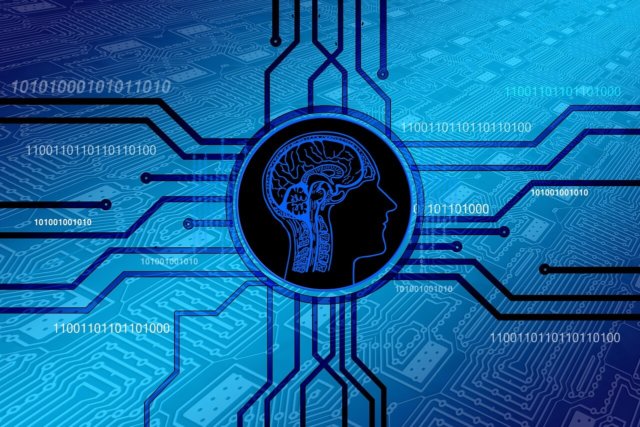Artificial Intelligence (AI) is quickly becoming one of the key drivers of economic development in the modern era. It has the potential to be implemented in nearly every sector from healthcare to agriculture to industrial manufacturing to increase their productive capacity.
However, along with its increasingly wide implementation, a new set of ethical, legal, and socio-economic challenges must be addressed. As such, the European Commission has prepared a three pillared approach in an attempt to get out in front of these challenges with the goal of ensuring competitiveness and shaping the conditions for its development and use (ensuring respect of European values).
The first of these pillars is being ahead of technological developments and encouraging uptake by the public and private sectors. To achieve this, the EU has already increased annual investment in AI research and development by 70% with the Horizon 2020 program; in the next two years, investment in this program will reach EUR 1.5 billion.
The Horizon 2020 program is designed to connect and strengthen AI research centres across Europe; support the development of an „AI-on-demand platform” that will provide access to relevant AI resources in the EU for all users; and support the development of AI applications in key sectors. This program only represents a small percentage of the total investment from throughout the EU, as individual member states have their own programs and investment from the private sector is simultaneously increasing. At the European level, the goal is to invest a total of more than EUR 20 billion annually over the next ten years.
The second pillar of the EU approach to AI is to prepare for the socioeconomic changes it will bring. For this, the European Commission work to increase the human capacity of the member states by supporting business-education partnerships to attract and keep more AI talent in Europe.
For the existing work force, it will set up dedicated training and retraining schemes for professionals and attempt to foresee changes in the labor market and skills mismatch to allow professionals to meet their full potential. For the future, the Commission will encourage Members States to modernize their education and training systems by increasingly supporting digital skills and competences in science, technology, engineering, mathematics (STEM), entrepreneurship and creativity. EUR 27 billion will be invested in developing skills of the work force through 2020, with EUR 2.3 billion specifically targeted toward digital skills.
The third and final pillar is ensuring an appropriate ethical and legal framework for AI applications. Some applications of this new technology have the potential to raise new ethical and legal questions, especially related to liability or fairness of decision making.
The General Data Protection Regulation is one of the first major steps to building trust and ensuring European Union wide legal clarity on issues arising from the increasingly deep implementation of technology in nearly every facet of life. In 2019, the European Commission plans to develop a new set of AI ethics guidelines and guidance on the interpretation of the Product Liability directive. Already a working document for emerging digital technologies is being made available.

